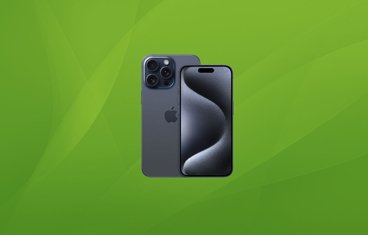Corporate IT departments relax rules to allow Apple's iPad
Highlighting the success of the iPad in the business world, The Wall Street Journal on Tuesday noted that while many companies would not approve the iPhone for corporate use when it debuted in 2007, the iPad has quickly found acceptance with IT departments at companies. Part of that is because the iOS mobile operating system, previously only available for the iPhone and iPod touch, has been updated with business-friendly features such as Exchange e-mail and remote erase capabilities.
"Apple has addressed these and other issues, including the ability for companies to encrypt information on iPhones and set up secure ways for employees to connect to corporate networks," author Ben Worthen wrote. "The latest version of the operating system used by the iPhone and iPad adds features that make the devices easier for a tech department to manage, including the ability for businesses to distribute internally developed apps without going through Apple's App Store."
The report noted that more than 500 of the more than 11,000 applications currently available for the iPad are business-oriented. One free application from Citrix, which allows employees to access corporate programs on the iPad, has seen more than 145,000 downloads.
Other advantages to the iPad: its $499 starting price makes it less expensive than a traditional business laptop, and more functional for activities like working standing up or giving a presentation.
The paper recalled that Mercedes-Benz dealers have been equipping employees with iPads to help them sell cars. The car maker began using the iPad at 40 dealerships in May, and earlier this summer said it was considering using the iPad at all 350 of its U.S. locations.
Other specific corporate uses of the iPad mentioned in the Journal's report include:
- Baush & Lomb Inc., maker of eye-care products, had about 50 employees using an iPad soon after its launch. The company built its own application for salespeople. The company likes the fact that the device starts quickly and has a long battery life.
- Kaiser Permanente, an Oakland, Calif., health-care organization, has been testing the iPad in a 37,000-square-foot technology lab for viewing medical images such as X-rays and CT scans.
- Though Chicago law firm Sonnenschein Nath & Rosenthal LLP banned the iPhone when it first came out, it preordered 10 iPads before it was released. The company now has more than 50 attorneys equipped with iPads, and plans to issue them as an alternative to laptops next year.
Earlier this summer, Apple revealed that the iPad is at use in more than 50 percent of Fortune 100 companies. Companies such as SAP and Wells Fargohave praised the device as a useful business tools.
 Sam Oliver
Sam Oliver










 Mike Wuerthele
Mike Wuerthele
 Malcolm Owen
Malcolm Owen
 Chip Loder
Chip Loder

 William Gallagher
William Gallagher
 Christine McKee
Christine McKee
 Michael Stroup
Michael Stroup
 William Gallagher and Mike Wuerthele
William Gallagher and Mike Wuerthele






